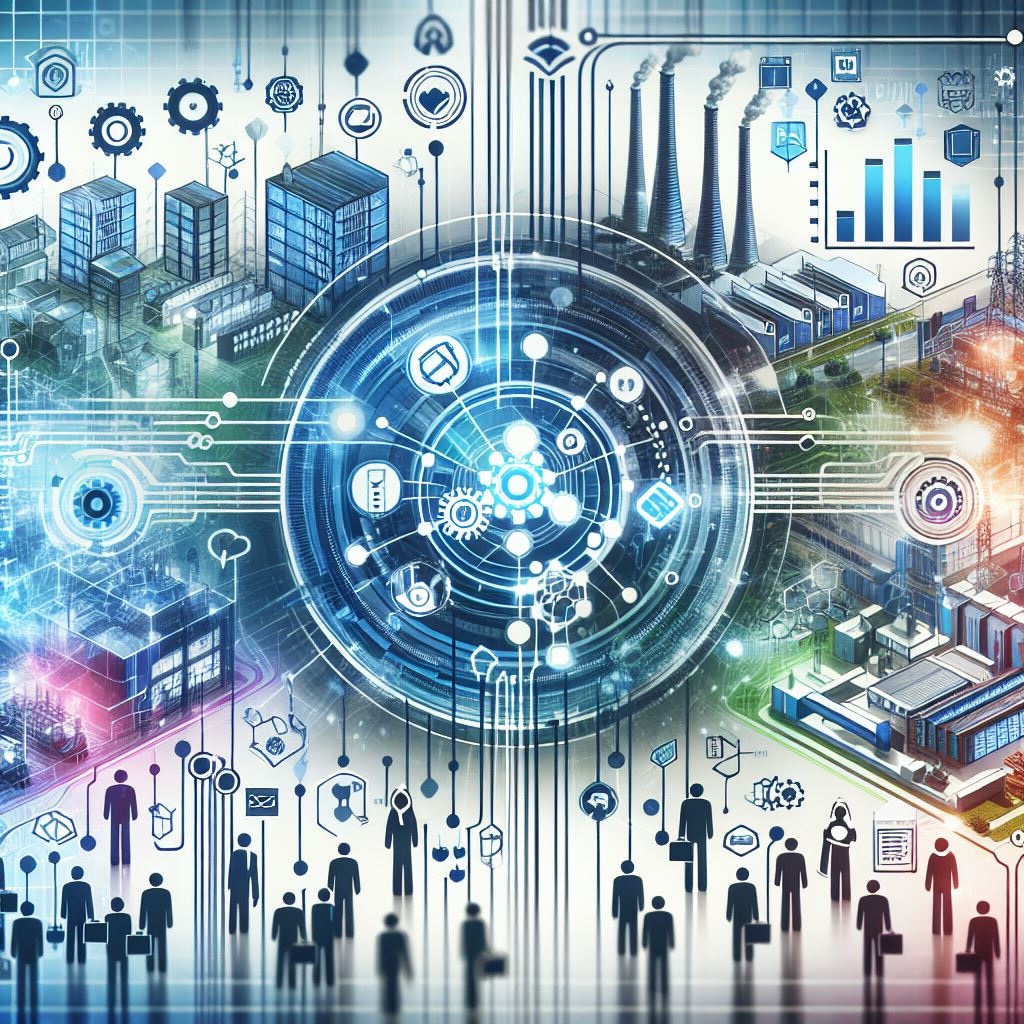Artificial intelligence (AI) is rapidly reshaping industries across the globe, and the electrical distribution sector is no exception. From optimizing grid operations to enhancing customer service, AI is poised to revolutionize how we generate, distribute, and consume electricity. The ability of AI to analyze vast datasets, identify patterns, and make intelligent decisions is unlocking new levels of efficiency, reliability, and sustainability in the electrical grid. One of the most significant impacts of AI is in predictive maintenance. By analyzing sensor data from transformers, substations, and transmission lines, AI algorithms can identify potential equipment failures before they occur. This proactive approach minimizes downtime, reduces maintenance costs, and improves grid reliability. AI-powered diagnostic tools can detect anomalies and provide early warnings, allowing utilities to address issues before they escalate into costly outages. This predictive capability is especially crucial in the face of aging infrastructure and increasing grid complexity. AI is also transforming grid operations by enabling real-time optimization and control. Smart grids, equipped with AI-powered analytics, can dynamically adjust voltage, frequency, and power flow to balance supply and demand. This allows for the seamless integration of distributed energy resources (DERs), such as solar and wind power, which are inherently variable. AI algorithms can forecast renewable energy generation, predict load patterns, and optimize energy storage to ensure grid stability. This intelligent management enhances grid efficiency and reduces reliance on fossil fuels. Furthermore, AI is enhancing customer service by automating tasks and providing personalized experiences. AI-powered chatbots and virtual assistants can handle customer inquiries, process service requests, and provide real-time updates on outages. AI can also analyze customer consumption data to provide personalized energy-saving tips and recommendations. Smart meters, combined with AI-driven analytics, enable more accurate billing and personalized energy insights, improving customer satisfaction and engagement. Cybersecurity is another critical area where AI is making a significant impact. As the electrical grid becomes more interconnected and digitalized, it also becomes more vulnerable to cyberattacks. AI-powered security systems can detect and respond to cyber threats in real-time, protecting critical infrastructure from malicious actors. AI algorithms can analyze network traffic, identify anomalies, and predict potential attacks, enabling proactive security measures. This enhanced cybersecurity is essential for ensuring the resilience and reliability of the grid. Looking ahead, the integration of AI will continue to accelerate, driving further innovation in the electrical distribution industry. The development of AI-powered microgrids, autonomous grid management systems, and smart energy trading platforms will revolutionize how we manage and distribute electricity. By embracing AI, utilities and distributors can unlock new levels of efficiency, sustainability, and customer satisfaction, ensuring a reliable and resilient energy future.

The Impact of AI on the Electrical Distribution Industry
AI is revolutionizing the electrical distribution industry by enabling predictive maintenance, optimizing grid operations, enhancing customer service, and strengthening cybersecurity through data-driven automation and intelligent decision-making.

